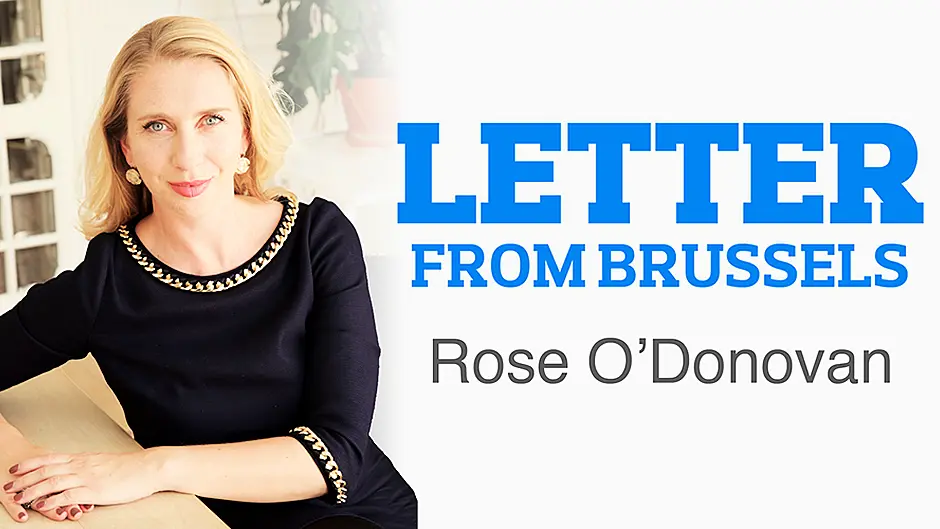EU leaders were gathering in Brussels for an Extraordinary Summit on February 20th to discuss the Community’s long-term financial perspectives for the period 2021-2027, with hopes of a deal fading at the time of going to press.
As the political wrangling continues back in Dublin, it will be a welcome relief for An Taoiseach Leo Varadkar, who was due to travel to the European capital on the same day as the first formal sitting of the 33rd Dáil.
In a revised negotiating position circulated among Member States on February 14th, European Council President Charles Michel set the overall level for the 2021-2027 Multi-annual Financial Framework (MFF) at 1.074% of EU Gross National Income (GNI) - just over halfway between the 1% goal (pushed by Berlin and the ‘frugal states’ of the Netherlands, Austria, Sweden and Denmark) and 1.1% as proposed by the Commission. This is equivalent to around €1.25 trillion over the seven-year period.
The former Belgian Prime Minister (2014-2019) is keen to clinch a deal on the EU spending plan at the Summit – the first major meeting of heads of state and government since the departure of the UK from the bloc. The UK was the second-largest net payer in the EU after Germany.
But commentators suggest the gathering will be an ‘acrimonious’ one as poorer countries will be demanding that richer states should close the €60 billion hole in the Community budget as a result of Brexit.
Commenting ahead of the talks, Brussels’ most senior budget official, Gert Jan Koopman, said it was a ‘battle for a few hundredths of a percentage of national income … it’s unthinkable that national budget discussions over these orders of magnitude would take nearly two years.’
In other news, the Commission confirmed, on February 4th, that it had approved a €200 million Irish investment scheme for long-term investment in the food processing sector. The scheme lasts from 2020-2025 and will provide grants to small and medium-sized enterprises and large companies, which process and market agricultural products. It is designed to encourage innovative investments, which would not happen without public support.
The Commission found that the scheme was in line with agricultural state aid rules as it will not unduly distort competition or trade. In remarks published by the Commission Representation in Dublin, Trade Commissioner Phil Hogan said he was ‘confident that the scheme will encourage innovative investments in this important sector which would otherwise not have occurred.’
The Irish Commissioner said that the scheme must be ‘seen through the prism of Brexit and the need for the sector to adapt to the new situation and to improve its resilience and become more diversified through the identification of new markets.’
• Rose O’Donovan is the editor-in-chief of the Brussels-based agricultural policy newsletter Agra Facts.








